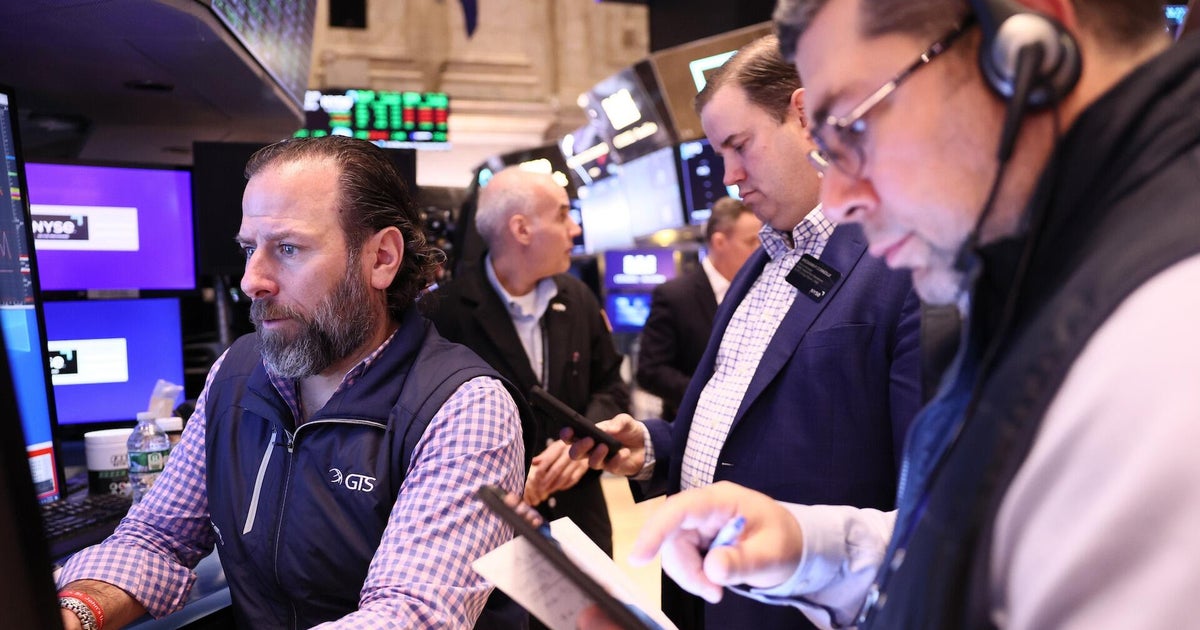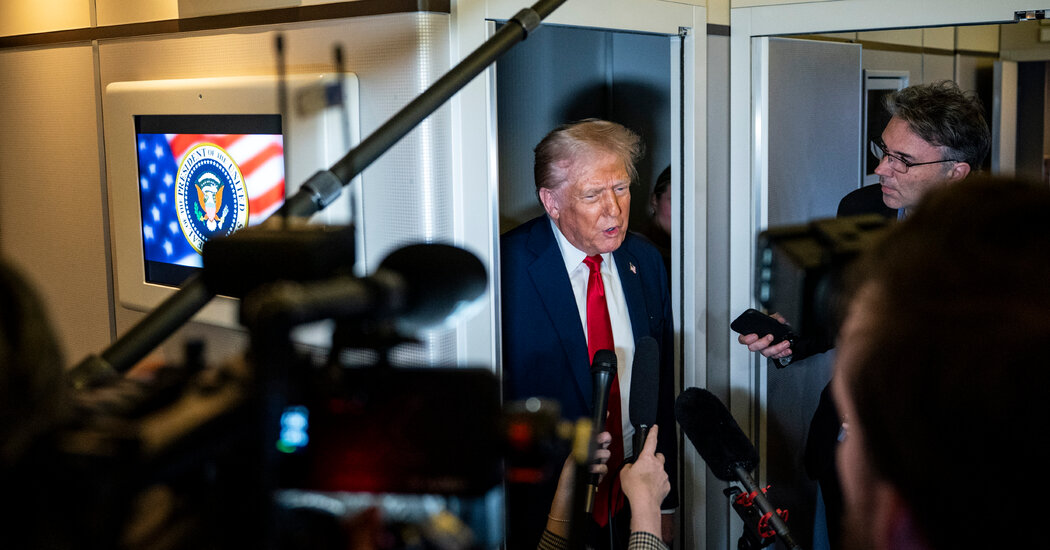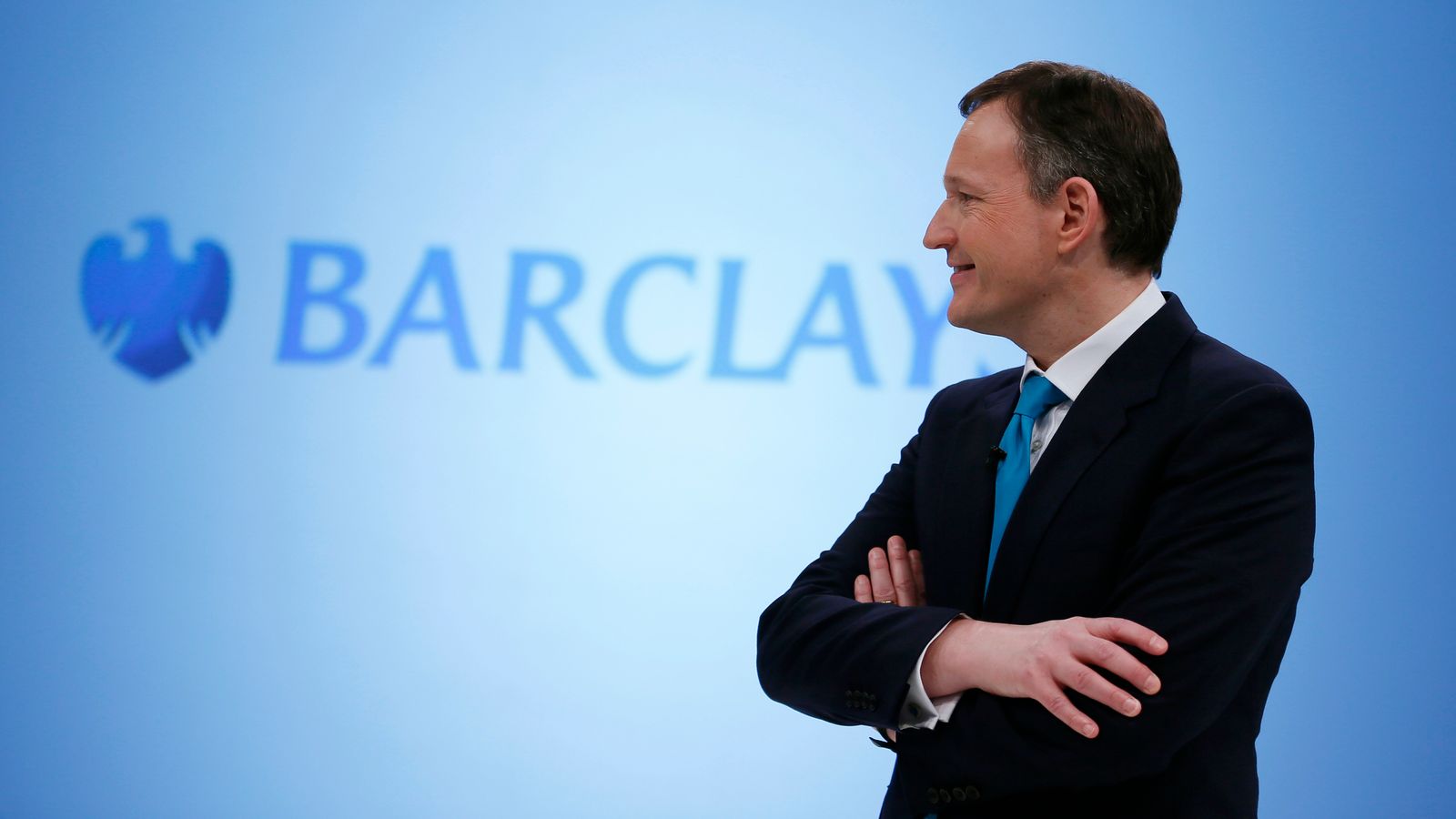
Stock market suffers another wipeout over inflation and tariff fears
Stocks are taking a battering on Friday amid growing concerns on Wall Street about the impact of President Trump’s tariff regime as well as hotter-than-expected price data, sparking worries that the Federal Reserve is far from declaring victory on inflation.
The Dow Jones Industrial Average tumbled 758 points, or 1.8%, to 41,541.09 in Friday afternoon trading, while the broad-based S&P 500 shed 2%. The tech-heavy Nasdaq composite index skidded 2.8%.
Friday’s stock market rout comes after Wall Street has already suffered a pummeling this year, with the S&P 500 down 9% from its most recent February high.
Mr. Trump on Wednesday said he is imposing a 25% tariff on all vehicles and auto parts imported into the U.S., a move that is expected to add thousands of dollars to the cost of many vehicles. He also plans to announce more tariffs on April 2. Because tariffs are import taxes that companies largely pass onto consumers, many economists are forecasting an uptick in inflation later this year.
At the same time, new economic data released on Friday shows that core inflation heated up last month, posing a challenge to the Federal Reserve’s goal of driving inflation down to a 2% annual rate.
“The recent U.S. stock market correction appears to have been partially triggered by investors realising that Trump may follow through with his tariff threats and that this will hurt the U.S. economy,” said Oxford Economics lead economist Daniel Harenberg and senior economist Kiki Sondh in a Friday report. “Similarly, consumer sentiment has weakened due to tariff-induced inflation fears.”
The economy has so far been holding up relatively well, but if it were to weaken while inflation stays high, it would produce a worst-case scenario called “stagflation,” which policymakers in Washington have few good tools to fix.
A report on Friday morning showed that U.S. consumers, including Republicans, Independents and Democrats, getting more pessimistic about their future finances. Two out of three consumers surveyed by the University of Michigan expect unemployment to worsen in the year ahead. That’s the the highest reading since 2009, and it raises worries about a job market that’s been the linchpin keeping the U.S. economy solid.
At the same time, recent CBS News polling shows that Americans have become more dour in their economic outlooks, with relatively more consumers bracing for a slowdown or recession over the next year.
Automaker stocks
Shares of automakers tumbled on Friday, continuing a rout that began after Mr. Trump announced his new auto tariffs. Hyundai Motor fell 2.6% in Seoul, while Honda Motor fell 2.6%, and Toyota Motor sank 2.8% in Tokyo.
On Wall Street, Ford Motor fell 2.6%, and General Motors sank 1.7%. Even U.S. automakers selling vehicles in the country can feel the pain of such tariffs because their supply chains are spread throughout North America. Trump says he wants more manufacturing to take place within the United States.
The rout also hit shares outside the auto industry, with investors concerned that Mr. Trump’s trade war may cause U.S. households and businesses to freeze their spending. Even if the tariffs end up being less painful than feared, all the uncertainty may filter into changed behaviors that hurt the economy.
Leading the market lower on Friday was Lululemon Athletica, which dropped 15%. Even though the seller of athletic apparel reported a stronger profit for the latest quarter than analysts expected, it warned that its revenue growth may slow this upcoming year as consumers grow more cautious.
“Consumers are spending less due to increased concerns about inflation and the economy,” said CEO Calvin McDonald.
Lululemon also said tariffs and shifting foreign-currency values may account for about half of its expected drop in a key measure of performance: how much profit it can squeeze out of each $1 of revenue.
Oxford Industries, the company behind the Tommy Bahama and Lilly Pulitzer brands, likewise reported stronger results for the latest quarter than expected but still saw its stock fall 3.1%. CEO Tom Chubb said it saw a “deterioration in consumer sentiment that also weighed on demand” beginning in January, which accelerated into February.
contributed to this report.










